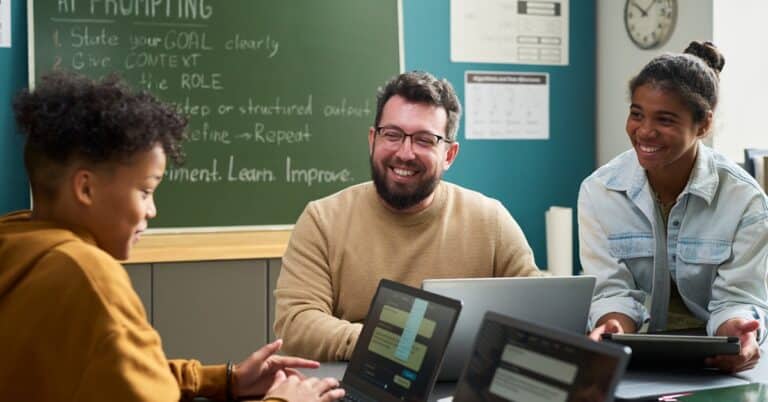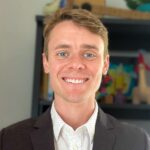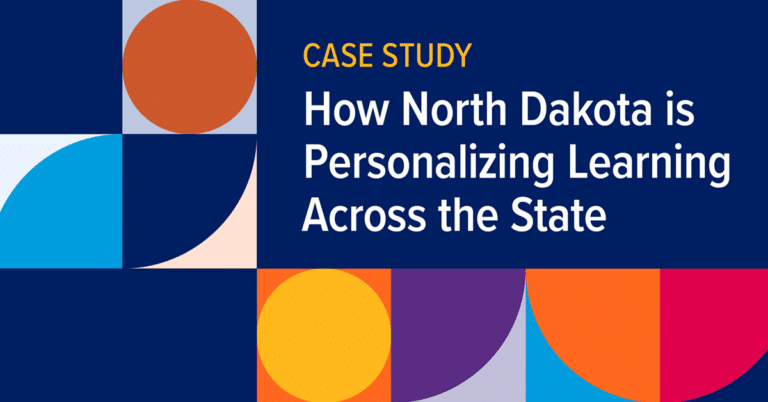We know that actively engaging with families is critical to a successful implementation of personalized, competency-based education, but how does that impact the ways that we interact with individuals within our communities? For the North Dakota Department of Public Instruction, it meant stepping back from the information they needed to deliver – and being ready to listen.
In the fall of 2017, North Dakota was drafting their plan for the Every Student Succeeds Act (ESSA), which required that those states with tribal nations consult with their tribes. The five tribal nations were invited to the capitol to meet with State Superintendent Kirsten Baesler and her staff.
“We were very focused on moving forward with our ESSA plan and thinking about our end game,” said Ann Ellefson, director of academic support with the North Dakota Department of Public Instruction. “We weren’t necessarily thinking about everyone’s end game. But so much about family and community engagement is about going without an agenda. It’s about listening to needs, collectively coming together and talking about how we’re going to solve problems.”
It became clear during that initial meeting that the state department had inadvertently organized a convening that didn’t meet the needs of the nations they’d invited or welcome their voices.
“I quickly realized that morning that this was not consultation, nor was it meaningful engagement,” said Baesler. “I incorrectly assumed all nations and tribes were of similar mindset or perspective. I realized each tribe and nation had different needs and expectations for their students.”
There was a desire on the part of the tribal nations to speak government to government, and for the state to come to them, to listen to them and to learn about them. They didn’t feel engaged, which was the exact opposite of what the department was hoping for.
“It hit all of us really hard,” Ellefson explained. “After that meeting we really took a step back and said, we need to reframe and rethink. Over the course of the following year, Superintendent Baesler visited each of the tribes several times, meeting with leaders and education leaders. She wasn’t there to talk. She was there to listen.”
Baesler regards the experience as a learning opportunity, reshaping not only how she interacts with tribal nations, but with every community in her state.
“I learned that true, meaningful stakeholder engagement begins with equal footing being established with respect and trust built on listening and attempting to understand one another’s experiences and perspective,” Baesler said. “This holds true for all stakeholders and is a lesson I bring to every new opportunity in every community.”
You may not have a federal mandate to consult with tribal nations, but every community includes members with differing perspectives, unique needs and a desire to see all children served well by their education. When you’re planning an event or an engagement with families and community members, even if it’s something you’ve done every year, ask yourself:
- Who is this for? Are you pushing out information, or is your primary objective to listen?
- What does engagement mean to you? Is it attendance, or something more?
- Is your event something that could happen off school property? How many times have you gone off school property?
- What cultural entities exist within your community? What tools do you have to gauge awareness/interest/expectations about the role school will play in each child’s life?
For Ellefson, at the end of the day it’s about the people in her community and what they need.
“Go to where the people are,” said Ellefson. “Not where you want them to be.”
The vision for the future of North Dakota’s education system is centered on innovative, personalized learning.
This was written by former Senior Manager of Communications Jillian Kuhlmann.





